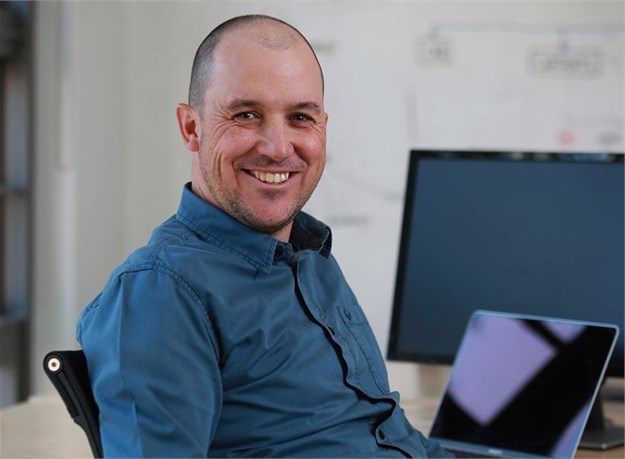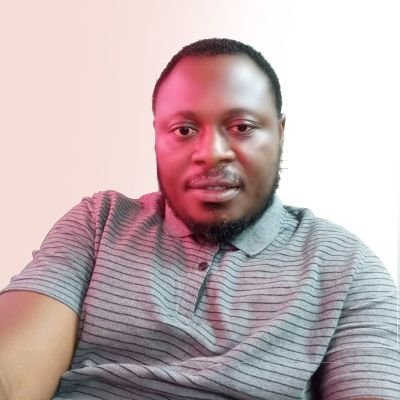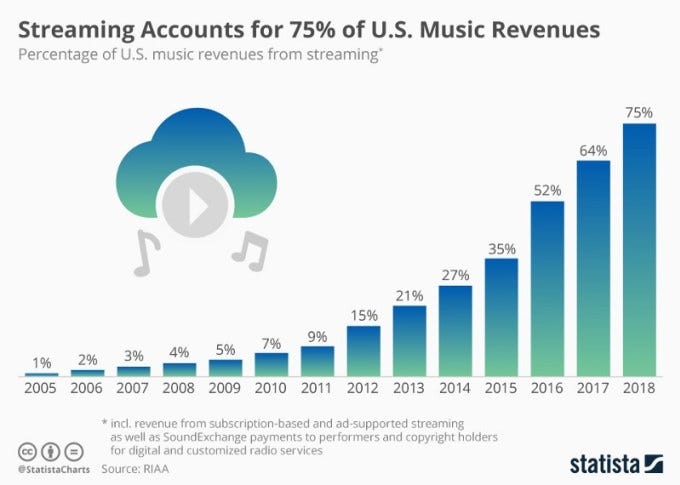Over the past few years, digital native companies like Uber, Amazon, and Airbnb have redefined the rules of competition in their industries. Less often spoken about are the more conservative markets where digital disruptors have not yet managed to dislodge the incumbents or even win significant market shares.
So, with startups emerging at a rapid rate, how does one predict whether the incumbents will transform themselves and ensure that they remain relevant in the future, or whether they will lose out to new market entrants?
There are three simple questions one can use to determine whether existing companies or startups in any industry are on track to dominate or not.
These questions have guided our journey over the last three years as we built Naked Insurance from scratch. Our success in driving above-industry growth rates via word of mouth and with minimal advertising testifies to the power of these three important principles, which can be applied to any business:
1. What do customers say after experiencing this business?
What are the things people love most about this business? What are the headline benefits? The flipside of this question is: What do people dislike about dealing with the current industry providers?
What people hate about the traditional insurance experience is the time-consuming paperwork and phone calls, the quibbling when they claim, and the need to regularly renegotiate premiums to get a fair deal. Plus, insurance is a grudge purchase. People resent spending money on it and want to get covered for the best possible price.
So, at Naked we set out to remove the phone calls and paper from the process, enabling people to get quotes for, buy, manage, claim from and cancel their insurance policies through a completely automated, digital process. Automation also means we can reduce premiums significantly and give customers more convenience and control, taking the pain out of the experience.
2. Did customers find a deeper connection beyond the transaction?
Today’s customer doesn’t just want to buy the product or the service — they seek a deeper connection. This isn’t just about the clichés incorporate vision and value statements, but about whether customers feel that this brand is for people like them. Are they part of the tribe? Do they believe in what the business is all about?
For our industry, we saw an opportunity to challenge the complexity and lack of customer control that alienates people from traditional insurers. We decided to make transparency a core part of the business in an industry that can often be opaque.
For example, with most car insurers, you will be offered a discount to stay whenever you threaten to cancel your policy.
So why did they not just charge you the fair premium all along? This industry practice has never been fair to the customer. And it is unsustainable in today’s world when consumers can access a wealth of info from social media, price comparison engines and other online sources to help them make informed purchasing decisions.
Our self-service system guarantees that our premiums don’t include the fact that conventional insurers have built into their premiums. You buy your policy without ever interacting with a human and you don’t need to speak to an agent in a call centre to cancel if you are not happy with your premium increase.
We don’t have a second bite of the cherry if clients threaten to cancel; we have to always charge them the fair premium. We believe that this transparent approach will win out in the future because today’s customers demand transparency and fairness. This is about changing the kind of relationship that you have with your insurance provider and demonstrating a system where the client does not have to fight in order to get the best deal. It’s about taking away the grudge from insurance.
Is it working? Well, as easy as we’ve made the process of cancelling your Naked insurance cover, our cancellation rate is significantly lower than what it is for traditional insurance companies in South Africa.
3. What will make this company’s customers fans for life?
This question evaluates what a business is doing to be successful in five years time. What are the ambitious things this company is doing in the background that will make them untouchable in future?
For us, the answer lies in building advanced artificial intelligence (AI) platforms and datasets at our core. Our systems remove as much friction from the customer experience as possible while enabling us to detect fraud and price risk with unprecedented accuracy.
When customers sign up or claim, we ask fewer questions than conventional providers because we leverage a range of alternative data sources to make decisions on claims and premium pricing.
As an example, when you answer the question of “Where do you live?”, our system captures your answer (the actual address), plus a range of other data points contained in every micro-interaction, for example: Which areas did you browse before dropping the pin? How long did it take you to answer the question? Where were you when you answered the question?
Applying AI and machine learning to these thousands of data points allow us to filter which data points are useful in risk classification. And the more we feed machine learning with data from actual outcomes, the better it predicts.
This enables us to assess and price risk more precisely as well as identify fraudulent claims more accurately, enabling quotes and claims within seconds and offering significant premium savings. We see this as our competitive edge — it will take most insurers years to retool legacy systems and processes to allow for the same level of automation if it is even possible for them to do so.
Can the old-school companies win?
If the established players in the industry recognise the importance of change and they are willing to invest, they will win in a changing market. Apple is an example of a company that pulled off such a pivot — growing from an old-fashioned PC company into a leader in mobile devices and digital services.
But most big businesses are not willing to cannibalise their existing, profitable businesses or throw out their old, legacy systems and ways of thinking.
That offers the opportunity for a business built from scratch to win significant market share and to reset customer expectations in the industry. The only constant is change, but the organisations that anticipate what that change will be and seek to catalyse it will be the winners in every industry.
Ernest North, is the co-founder of Naked Insurance, an online insurance startup based in Johannesburg, South Africa
Charles Rapulu Udoh

Charles Rapulu Udoh is a Lagos-based Lawyer with special focus on Business Law, Intellectual Property Rights, Entertainment and Technology Law. He is also an award-winning writer. Working for notable organizations so far has exposed him to some of industry best practices in business, finance strategies, law, dispute resolution, and data analytics both in Nigeria and across the world























